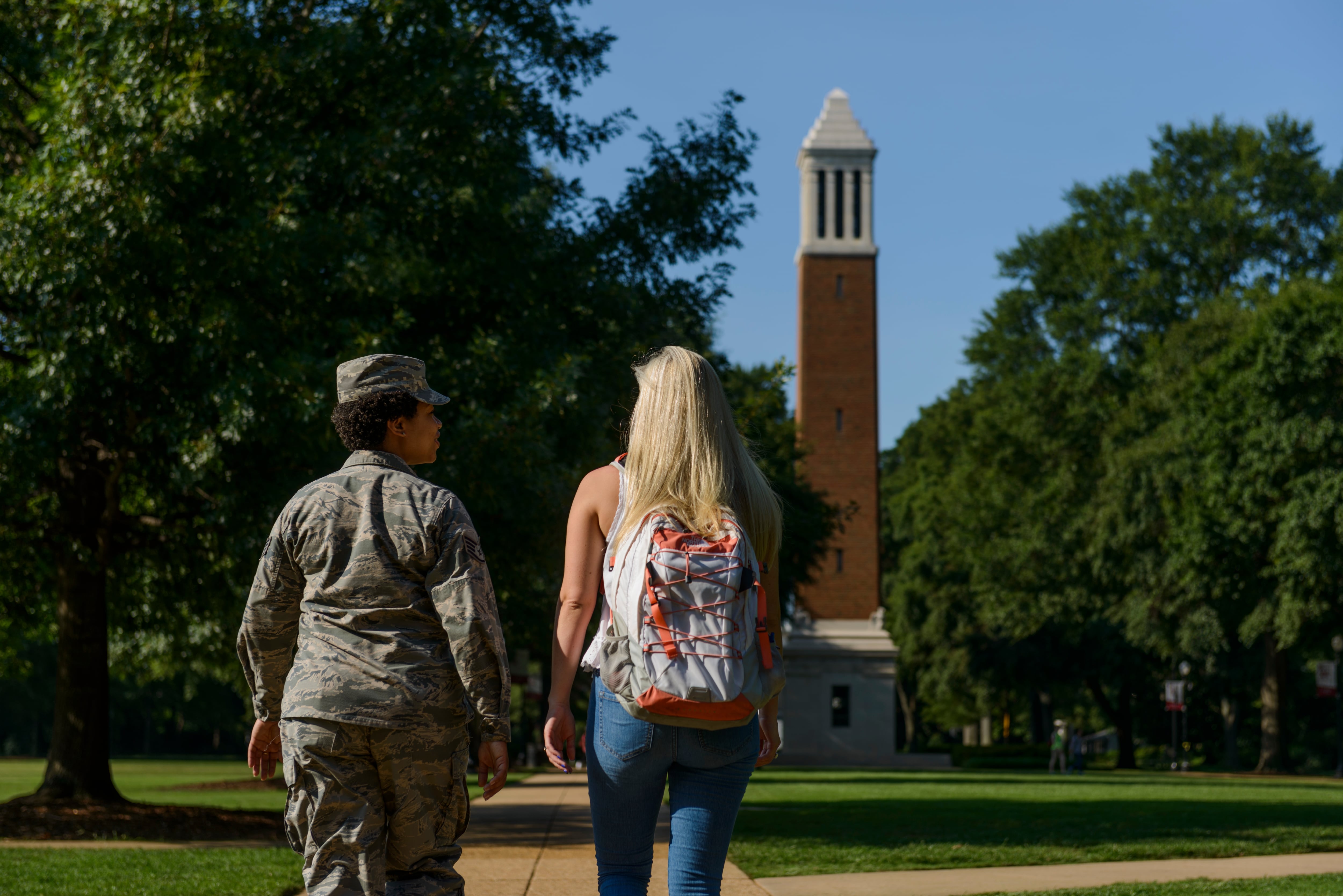The Supreme Court on Monday agreed to take up an ongoing veterans education benefits case which could dramatically rewrite federal benefits rules and give additional tuition money to potentially millions of veterans.
And if the nation’s highest court upholds the decisions of lower federal courts, the ruling could finally end the eight-year-old legal fight, forcing Veterans Affairs leaders to start paying out the money in coming college semesters.
The case — Rudsill vs. McDonough — has been closely watched by advocates for years because of its potential wide-ranging impact on veterans seeking college degrees. Monday’s decision to take up the case means that lawyers for the plaintiff and the federal government will argue their cases before the Supreme Court sometime this fall, with a final decision expected sometime in spring 2024.
RELATED

In a joint statement, Troutman Pepper partner Misha Tseytlin and associate Timothy McHugh — who have handled the case in recent years — called the high court’s decision a welcome chance at finally resolving the case.
“Should we prevail, approximately 1.7 million post-9/11 veterans will be eligible to receive additional educational benefits totaling billions of dollars,” they said. “This would be transformative for millions of veterans, their families, and their communities.”
VA officials have declined all comment on the ongoing case, but pledged to work with veterans to help them handle any complications with their education benefits.
The case centers on how the Department of Veterans Affairs has awarded education support through its Post-9/11 GI Bill program and the Montgomery GI Bill program. Under the first, eligible veterans receive 36 months of tuition payouts, housing stipends and other financial assistance. The Post-9/11 GI Bill is used by the vast majority of veterans attending schools today.
The Montgomery GI Bill program was the predecessor to the Post-9/11 GI Bill and is being phased out by the department. It offers far less money, but still can provide several thousands of dollars annually to veterans for tuition costs if they paid into the program at the start of their military service.
Currently, VA officials make students give up eligibility for the Montgomery GI Bill program when they register to begin using the Post-9/11 GI Bill. That means that once their education benefits from that program are exhausted, they cannot receive more tuition support from the other program.
Jim Rudisill, the Army veteran at the center of the court case, was wounded in a roadside bomb attack in Iraq in 2005 and used his Post-9/11 GI Bill benefits shortly thereafter. But he wanted to tap into his unused Montgomery GI Bill benefits to attend Yale Divinity School, as part of the process to become an Army chaplain, and sued when VA officials denied that move.
Veterans Affairs officials have argued in court that using both benefits amounts to double-dipping on government benefits, which is prohibited under federal statute. But courts have ruled against them in recent years, saying that the education programs are separate, even if all the money comes from the same source, the VA budget.
RELATED

Under separate existing federal statute, all government higher education payouts are capped at 48 months. So, if the Supreme Court rules against VA’s interpretation of how the programs must be administered, veterans who use up their post-9/11 GI Bill program might still get 12 more months of money for school.
That won’t matter for most veterans who received degrees and moved onto civilian careers over the last decade. But for individuals who fell a few semesters short of getting a degree, the court ruling could open the door to new financial support to finish their education goals.
Unlike the Post-9/11 GI Bill, which can be transferred to spouses and children under certain circumstances, the Montgomery GI Bill cannot be passed to another family member. So veterans looking for additional help to pay family bills won’t benefit from a potential favorable ruling.
No date has yet been set for when the Supreme Court arguments on the case will be scheduled. The Court is expected to end its current term in the next few weeks.
Leo covers Congress, Veterans Affairs and the White House for Military Times. He has covered Washington, D.C. since 2004, focusing on military personnel and veterans policies. His work has earned numerous honors, including a 2009 Polk award, a 2010 National Headliner Award, the IAVA Leadership in Journalism award and the VFW News Media award.




